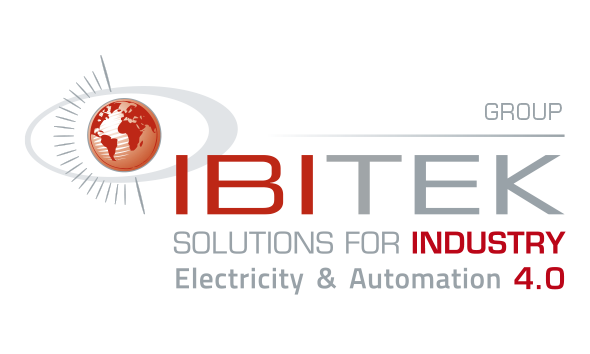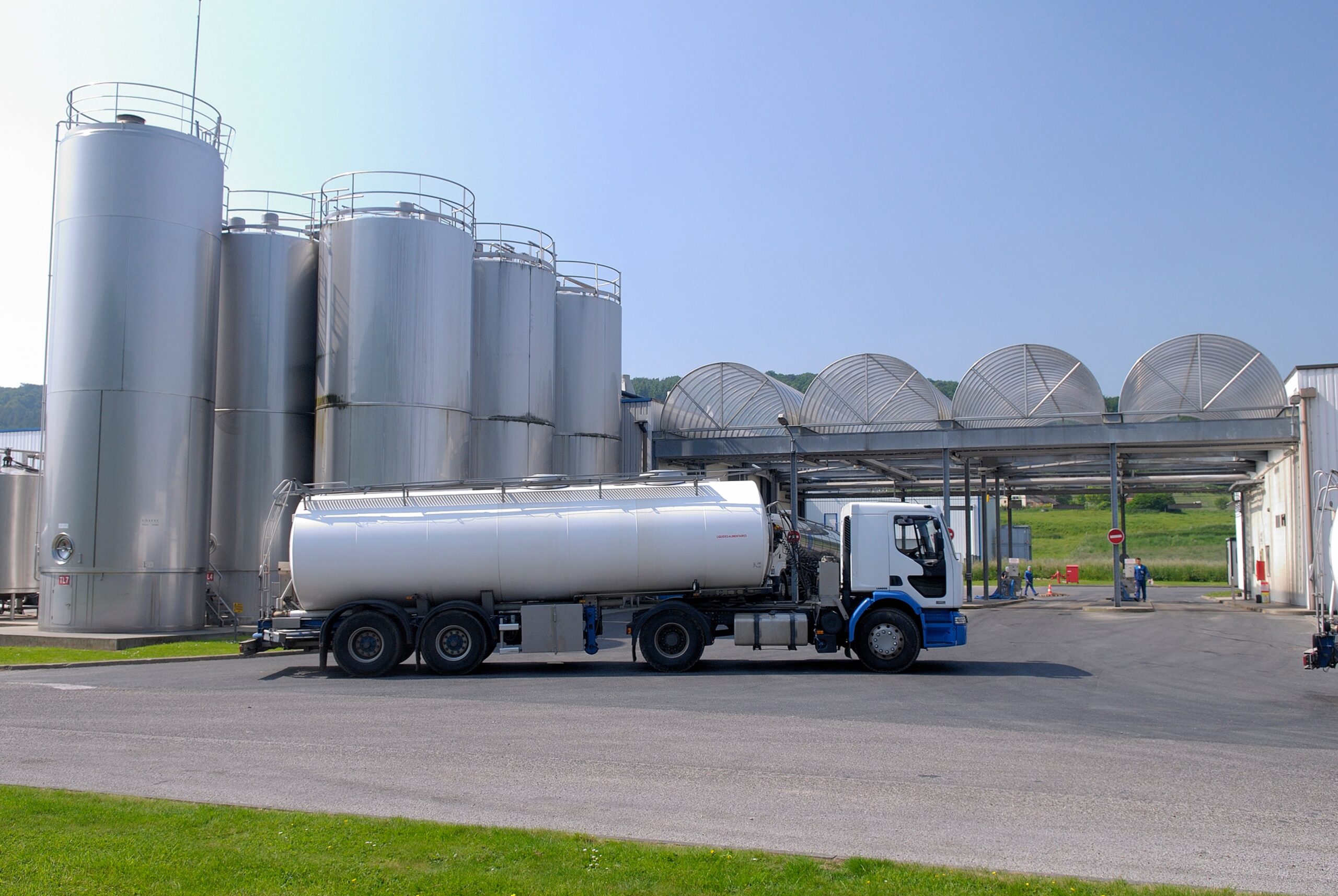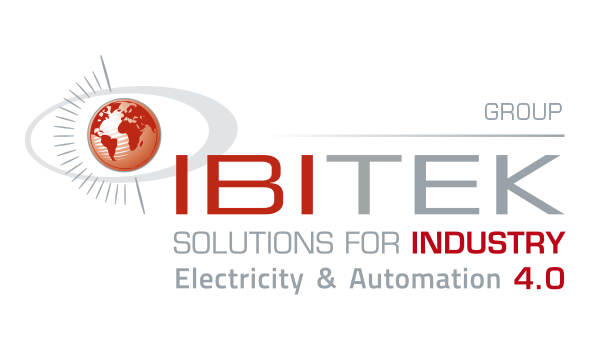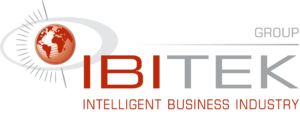In the contemporary industrial landscape, the constant quest for optimization and efficiency is crucial to maintaining a good level of competitiveness . Faced with this difficulty , at the heart of this transformation is the MES ( Manufacturing Execution System). But how exactly does an MES help maximize industrial performance? Data analysis is key. To answer this, it is essential to understand what industrial performance is, its methods and what its key components are.
Industrial performance: A targeted definition
Industrial performance encompasses a multitude of factors, from productivity to quality to the elimination of waste. It aims to optimize the entire production process in order to obtain maximum yield while minimizing costs and resources used. The efficiency of equipment, the quality of products, optimal management of resources and customer satisfaction are all elements that come into play. Thus, thanks to the methods of data analysis and indicators , industrial performance n t is not a static notion, but rather a constantly evolving objective, constantly pushing the industry to surpass itself in a suitable work environment .
The key components of industrial performance
- Productivity : Thanks to certain methods , it is possible to produce more while using fewer resources. This can be achieved by optimizing workflows, reducing downtime and improving coordination between different production stages.
- Quality : It is the ability of a product or service to satisfy customer needs. It is often measured in terms of non-conformities or customer returns.
Profitability : Beyond simple production, profitability takes into account costs and revenues to evaluate the economic performance of the company. - Equipment efficiency : It evaluates the performance of machines in terms of availability, performance and quality.
- Resource management : Optimal use of raw materials, energy and personnel is crucial for top-notch industrial performance.
- Customer Satisfaction : Ultimately, industrial performance also aims to meet customer expectations in terms of time, cost and quality.
These components, when harmoniously integrated and optimized, can lead to true operational excellence. And that’s precisely where MES software, like IBIProd , comes into play.
Why are companies looking for increased industrial performance?
In a globalized and competitive economic context, each company seeks to refine its processes, optimize its resources and exceed the expectations of its customers. Industrial performance, directly linked to inventory management and environmental impact , has become more than just a simple objective: it is a necessity to ensure sustainability and growth. Several reasons explain this search for increased industrial performance.
The quest for operational excellence
Operational excellence, close to the concept of Lean Manufacturing , is an ideal towards which all industries strive. It is based on the idea of achieving the highest possible level of performance management in all operations, eliminating waste and constantly improving processes. This concept encompasses the implementation of best practices, the adoption of new models of advanced technologies and the continuous training of operators to guarantee smooth, efficient and high-quality production. The ultimate goal is to satisfy the customer at all levels while ensuring sustainable profitability and aiming for a clear strategic objective .
Cost reduction and quality improvement
By optimizing processes, reducing downtime, managing resources efficiently and preventing errors, companies can significantly reduce their production costs. At the same time, these same measures help to improve the quality of the final product. Better quality leads to greater customer satisfaction, less frequent returns and, in the long term, increased customer loyalty, creating a virtuous cycle for the business.
In this context, tools such as MES software, such as IBIProd , become valuable allies for manufacturers in their quest for increased performance, making it possible to effectively combine cost reduction and quality improvement.
MES, catalysts for performance
MES have proven to be essential tools in the digital transformation of industries. These software combine a range of functionalities to ensure the coordination, monitoring and optimization of production processes in real time. Beyond simple monitoring, they play a crucial role in promoting industrial performance by providing in-depth analytics, identifying bottlenecks and assisting in decision-making.
How the IBIProd solution stimulates continuous improvement
IBIProd stands out in the world of MES by placing continuous improvement at the heart of its functionalities. Equipped with an intuitive interface, it offers unrivaled visibility at each stage of the production chain. By collecting and analyzing data in real time, IBIProd allows companies to quickly detect anomalies, identify optimization opportunities and adjust their processes accordingly. This ability to respond promptly to production variations is essential to establishing a culture of continuous improvement, where each challenge becomes an opportunity for growth.
Digitalization as a driver of industry 4.0 performance
The industrial world is changing, with digitalization as the main driver of this change. Digital transformation is not limited to the introduction of technologies on the shop floor. It is revolutionizing the way businesses operate, providing faster, more efficient and more precise ways to meet market demands.
Automating the collection of production indicators with IBIProd
Informed decision-making relies on accurate, timely and relevant data. IBIProd excels at automating data collection, eliminating human errors, delays and inconsistencies. By centralizing all essential information on a single platform, it provides decision-makers with a clear overview of performance in real time. With instant access to relevant insights, businesses are better positioned to make strategic decisions, optimize their processes and ultimately drive production towards excellence.











